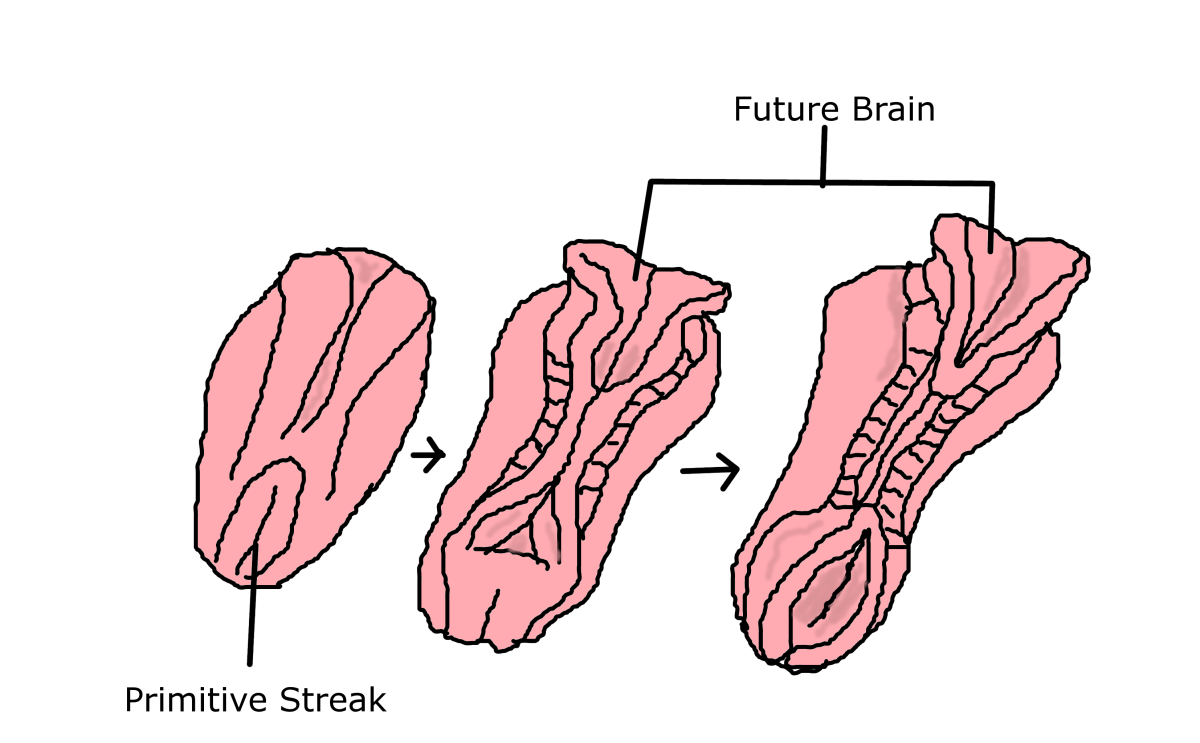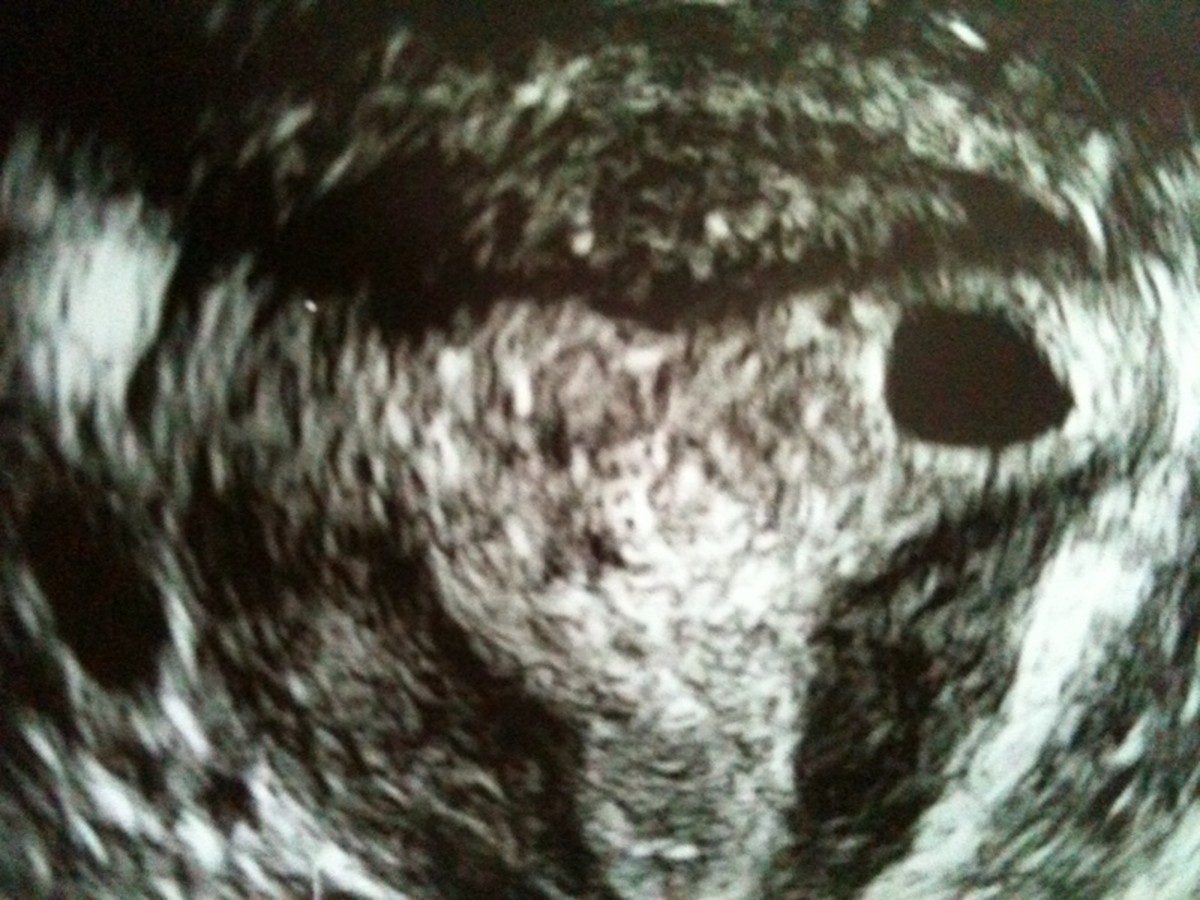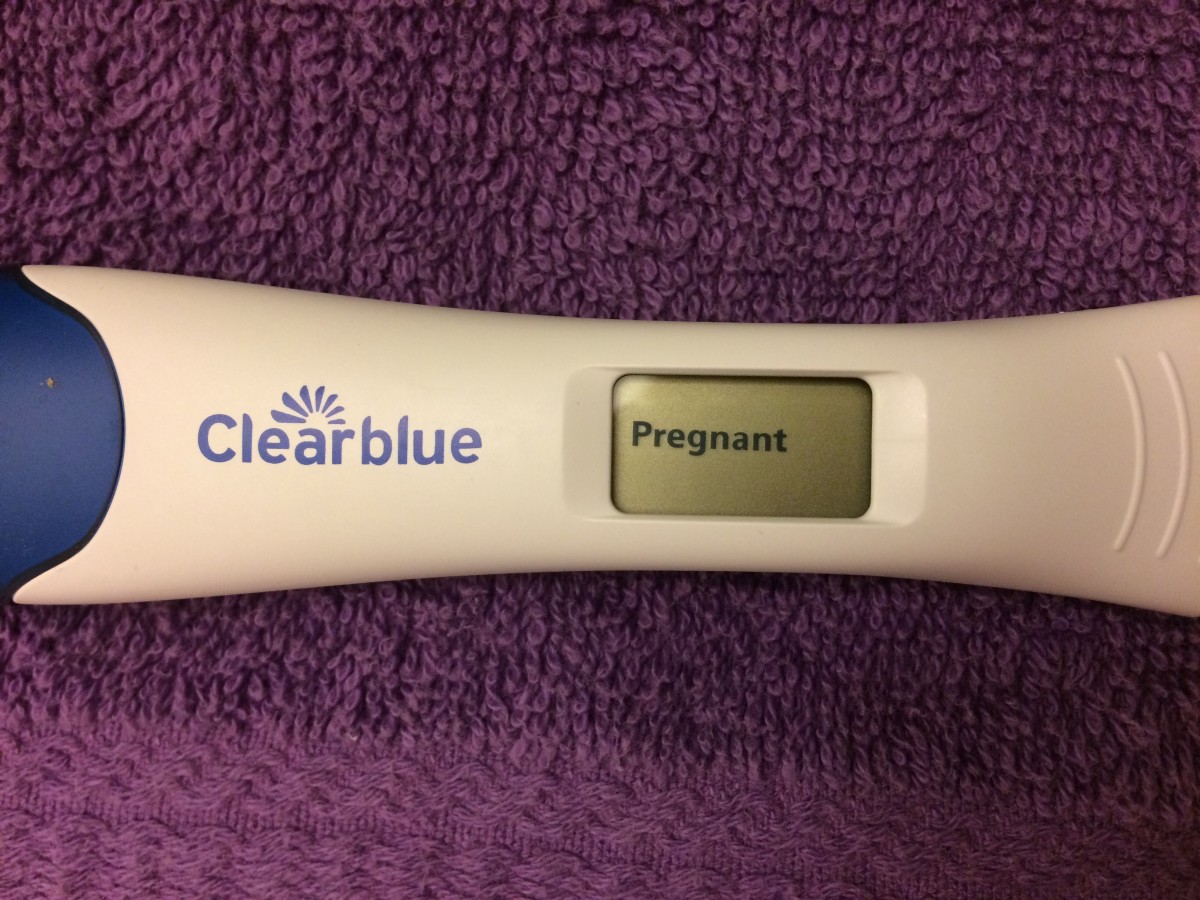- HubPages»
- Health»
- Women's Health»
- Pregnancy
How to Deal With a Chemical Pregnancy and What Causes It
What is it?
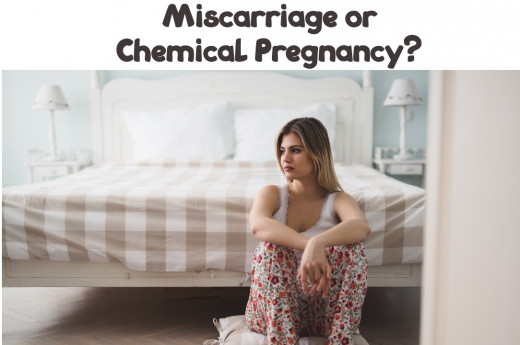
Miscarriage or Chemical Pregnancy?
First of let me say, it's a miscarriage. Whether it's been described as a chemical pregnancy or not. As far as you were concerned you were having a baby and now you are told that there is no embryo.
I've wondered how helpful the term 'chemical pregnancy' actually is to expectant mothers. When it happened to me, I was rather flippantly told, like perhaps it wasn't such a big deal. To me it was huge. It didn't matter that it wasn't a full on miscarriage. The only difference was the fact that I hadn't begun to have all of the symptoms generally associated with pregnancy. However, I did have a positive test, so I was pregnant.
What is a Chemical Pregnancy?
The official line is: A chemical pregnancy is a term used to describe a very early miscarriage which occurs before the fifth week of gestation and well before it can be visibly detected on an ultrasound.
In simple terms, the fetus is expelled very early on with little or no obvious symptoms.You may think that you are having a slight bleed which is actually very common in early pregnancy or you may not even know that you are pregnant. If you are actively trying for a baby, you could be forgiven for thinking that you were having what it known as a show of blood (implantation bleeding)
Chemical pregnancies effect around 75% of all women. That is some number to get your head around. The thing is, a high percentage of those women wouldn't even be aware that they were pregnant. They might simply think that they are having a period.
Chemical Pregnancy Symptoms
In the majority of cases there won't be any symptoms. However, for me there were. I have had two such pregnancies and in each case I experienced a tight feeling in my abdomen as if it were being stretched. It wasn't long after that I began to bleed. The first time I sort of knew right away that something wasn't right. I had it confirmed a few days later. A pregnancy test still showed positive which is quite upsetting in these circumstances.
The second time I wasn't so sure as I didn't bleed all that much. I tired to ignore it in the hope that it might go away. I was convinced that the more attention I gave it, the more likely I would lose the pregnancy. I did lose it a few days later.
Call it a Miscarriage
I wasn't about to tell anyone that I'd had a chemical pregnancy. It sounded unimportant, like oh well, that's a shame, better luck next time. Luckily it was so early that I hadn't told anyone apart from my family and my best friend. Still, seeing flowers on my doorstep from my friend made me cry. It was miscarriage and that was that. It's how it felt so why not say it like it was?
I did feel a bit of a fraud when I'd hear about women having miscarriages at three months and sometimes later. Perhaps I'd got off lightly? I should be grateful that wasn't my experience. It really doesn't make it any easier in reality. When it happened the second time, I decided that I had left it too late. I was thirty eight by then. Clearly I was infertile. Nope. Not a bit of it. I went to see a fertility expert who informed me that I was in fact extremely fertile and he could see no reason at all as to why I couldn't carry a pregnancy to full term. I was encouraged by this but two years later I hadn't managed to conceive again. I had always known that I wouldn't try again after forty.
Possible Causes
- Women aged 35 or older may find it more difficult to get and stay pregnant.
- Insufficient hormone levels: The body needs higher levels of certain hormones, such as progesterone to support the growth of the fetus.
- Extremely underweight women may are way more likely to suffer an early miscarriage
- The embro is stopped from implanting due to fibroids or abnormalities in the uterine lining
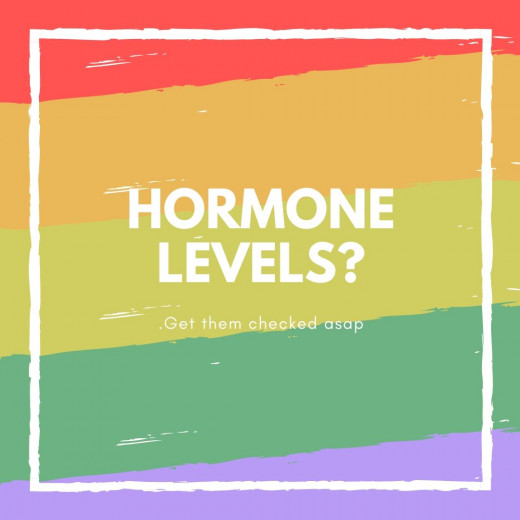
When You've Had More Than Two Chemical Pregnancies
If you have experienced more than two such pregnancies in succession then you should visit your GP. You may well be low in progesterone or your levels may dip at the crucial time (when they should be higher)
This is something that was never discussed with me and I wonder why. I didn't know that this could be the cause of chemical pregnancy at the time. It was only afterwards, when I was doing some research for a friend that I came across this explanation.
It's not always the cause but had I been given some progesterone cream or tablets to steady me then who knows what may have happened.
Whatever, I would suggest that you pay a visit to your doctor and ask some questions. Ask them to check your progesterone levels and if you have any other concerns, never feel worried about expressing them openly.
I have one lovely eighteen year old boy. I am lucky.


